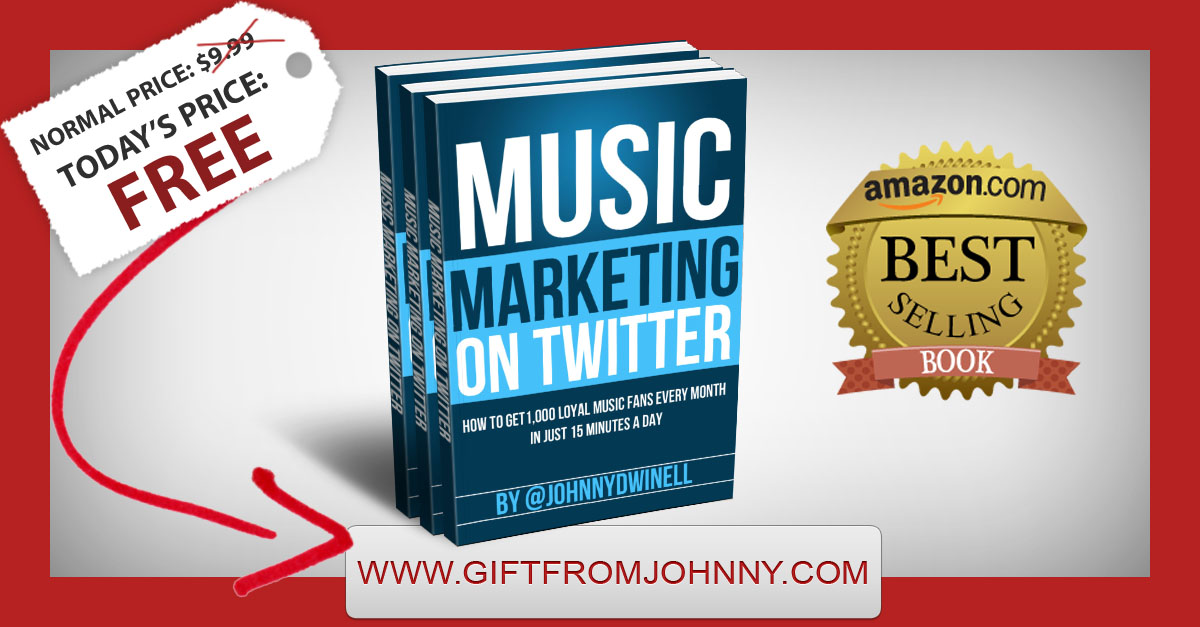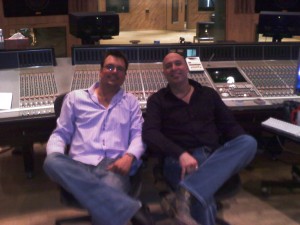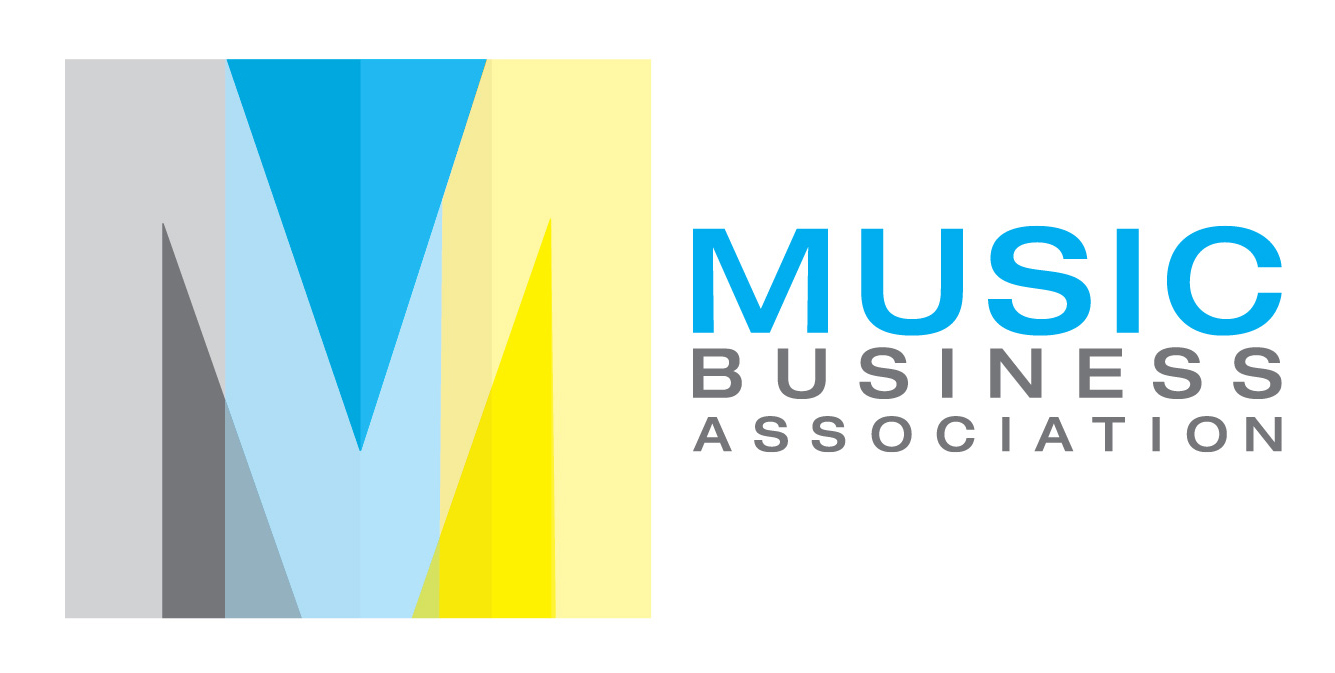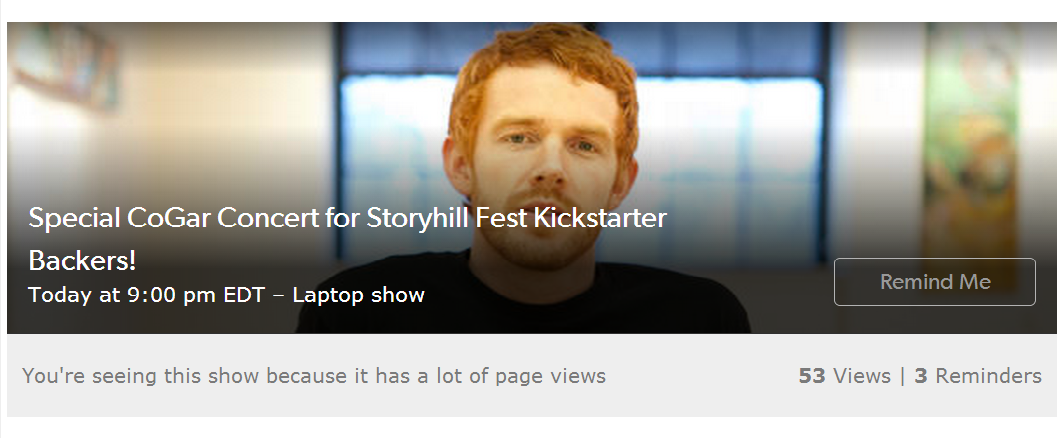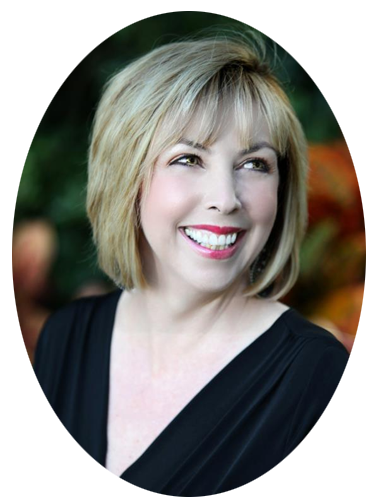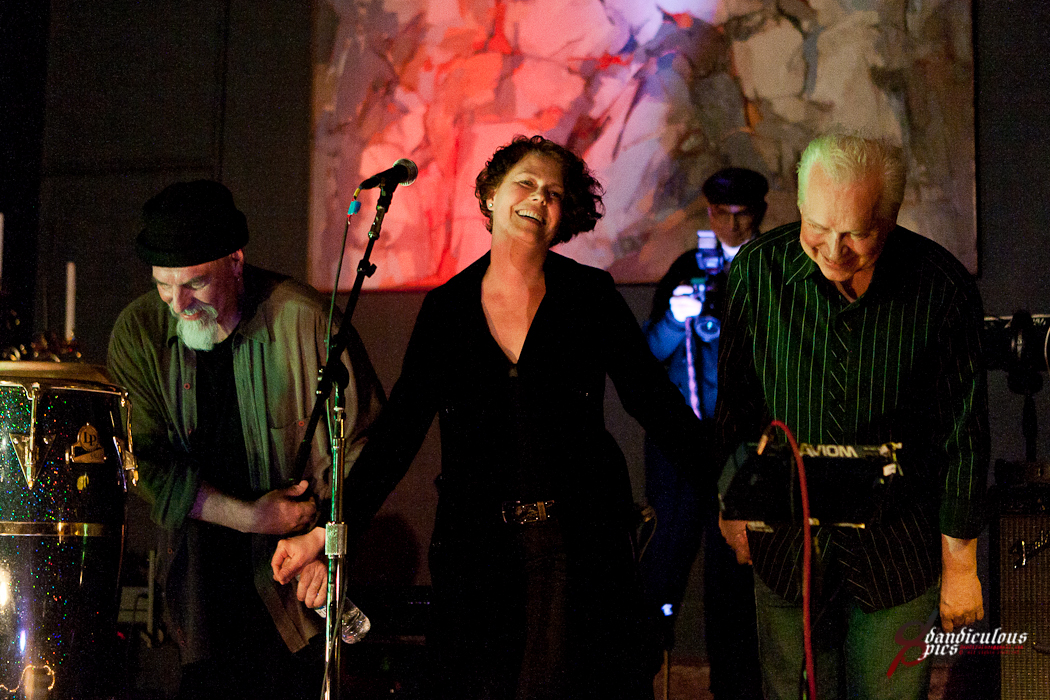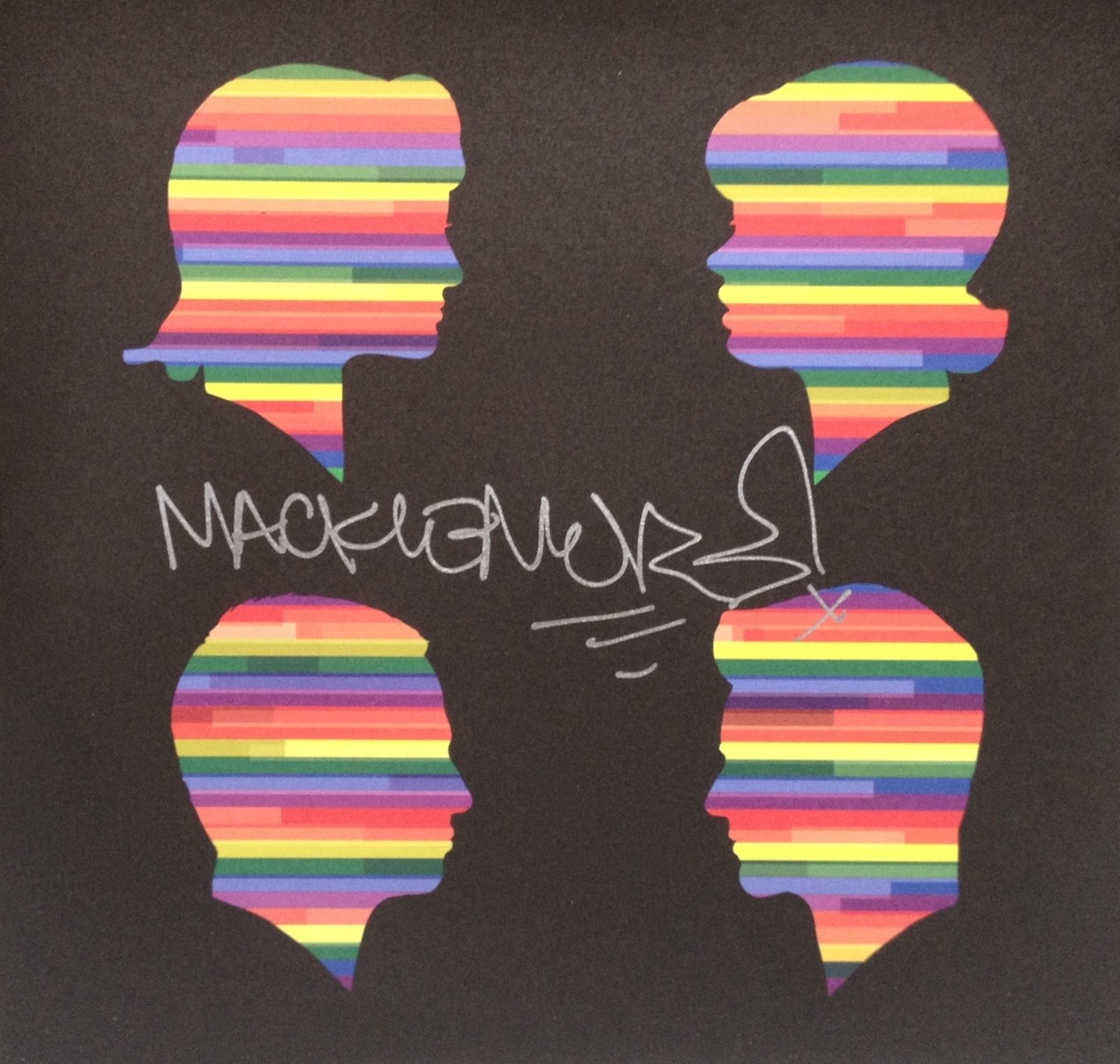![]() In this 12 minute episode of Walking The Dog, I discuss crowdfunding and other new ways indie artists can support themselves besides selling merchandise or touring.
In this 12 minute episode of Walking The Dog, I discuss crowdfunding and other new ways indie artists can support themselves besides selling merchandise or touring.![]() I have written about a local Seattle artist, Aury Moore, and her successful Kickstarter campaign which raised over $20K to fund her 2012 CD “Here I Am”. I am always interested in case studies of artists who have raised amounts like this via crowdfunding, because they are so much greater than the average.
I have written about a local Seattle artist, Aury Moore, and her successful Kickstarter campaign which raised over $20K to fund her 2012 CD “Here I Am”. I am always interested in case studies of artists who have raised amounts like this via crowdfunding, because they are so much greater than the average.
Hypebot published an article today entitled “#Fangagement: Artists Crowdsourcing Opinion Part 10: Mark de Clive-Lowe” which included some great tips from Mark (a musician who also raised $20K on Kickstarter) on being realistic in your funding goals based on average donation rates, numbers of fans, and average social media engagement rates. Mark researched the stats, and found evidence that the the engagement number on social media is 3%. Many social media experts also echo Mark’s findings that only 3% of fans, followers, and those who have Liked a Facebook page are likely to participate in a social media campaign of any type. It’s important to keep this and other numbers in mind so you don’t overstretch or understretch your funding goals.
The Hypebot article also mentions Patreon, a new, fast-growing platform for sustaining indie artist careers created by Jack Conte (Pomplamoose). It’s kind of like Kickstarter, but ongoing, and may be a new model for artists to sustain a career in music while still leaving them time to focus on creating art – not just focusing on the business 100% of the time.
The Seattle ukulele songstress I mentioned, Molly Lewis, is actually up to over $2000 per original song in pledges on Patreon. Worth checking out!
Finally, I wrap with a mention of a new platform for musicians to pay small fees for feedback from music industry influencers call Fluence. Fluence is a San Francisco-based music startup that is still running very much under the radar, but you might try it out if you are an artist fairly new to the music industry and are looking for professional feedback and connections with industry folks. Hypebot also wrote about Fluence in February 2014. I have written recently on this blog that I feel it is very important for musicians at every level to get professional feedback on their music and live performance. Fluence offers this opportunity for feedback without having to travel or spend hundreds to thousands of dollars to perform in showcases or pay consultants or coaches.
Please let me know what you think of my podcast, the subjects mentioned, and any experience you’ve had with any of the platforms mentioned. Share so we can all benefit from your knowledge!

